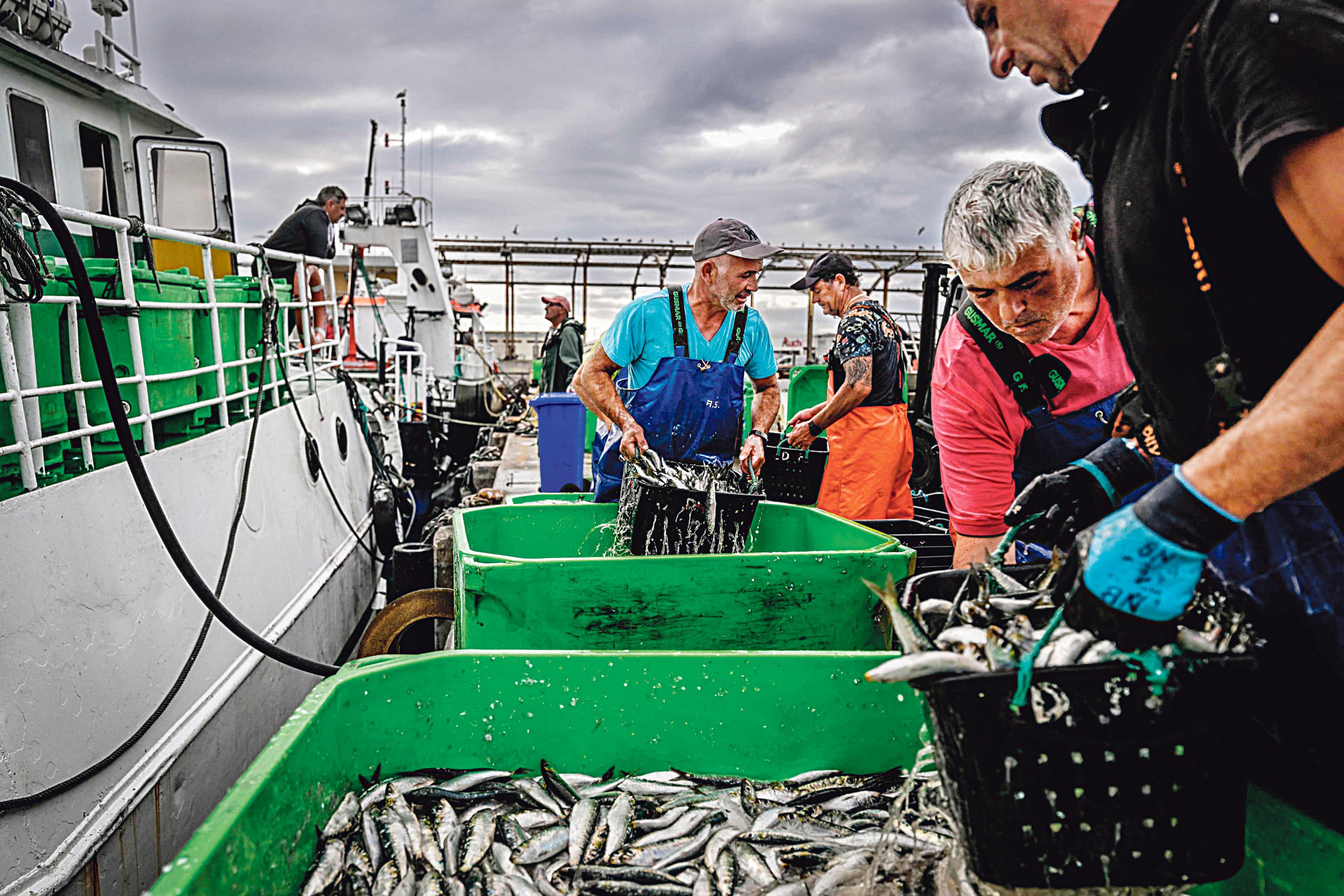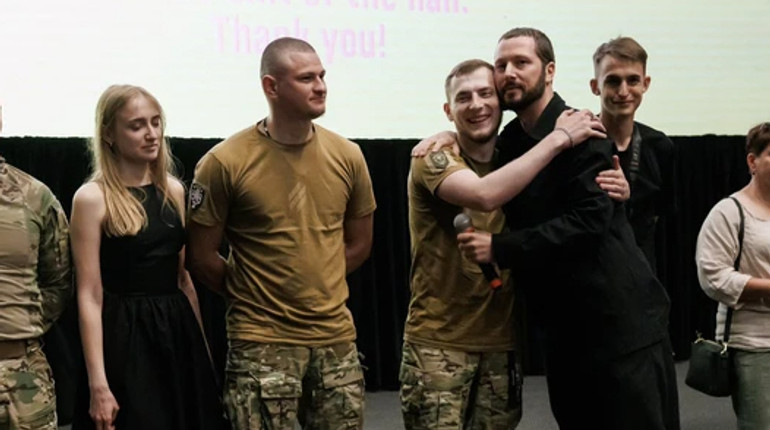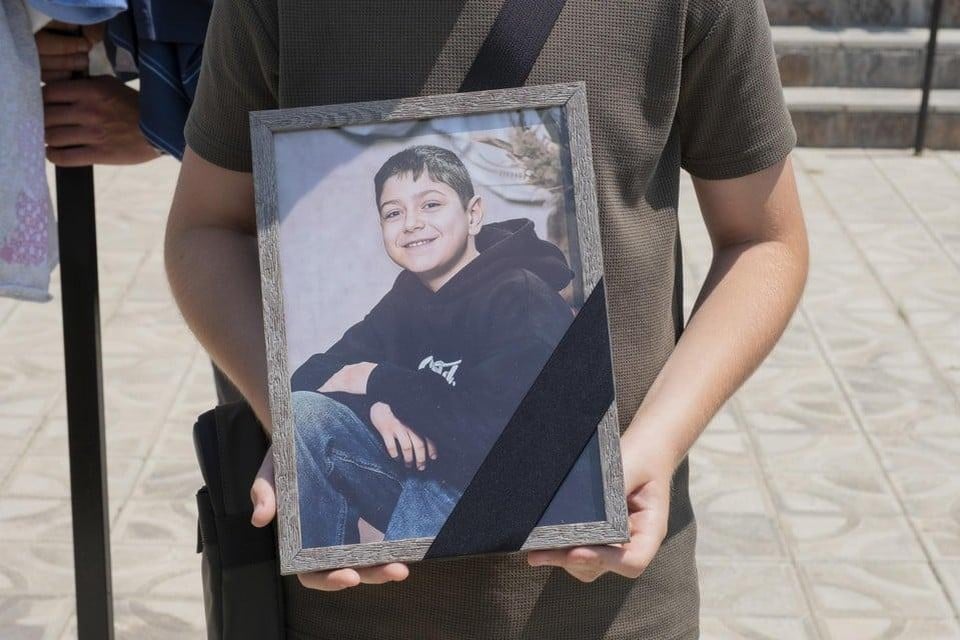Europe. The men who made the dream possible

It was Mário Soares, leader of the Socialist Party and then Prime Minister who, on March 11, 1977, formalized the request for adhesion to the European Economic Community (EEC).
In the speech during a visit to the headquarters of the EEC in Brussels, Soares assumed that the request was demanding for both parties, because Portugal was then far from the level of development of the 10 countries that made up the community.
“Firstly challenge for Portugal, as we in no way ignores our weaknesses or our current difficulties. Also challenge for Europe, because by knocking on the door, we feel that we express the European dimension of political and social changes that occurred in southern Europe. Ignoring this new reality would only increase the differences that still separate, in economic Europe Europe, in the long run, ”he said at the time.
From the request to the signing of the treaties in the Jeronimos Monastery, 8 years of negotiations integrated by integrating opinions, agreements and statements. If it is true that in 1978, a year after the Portuguese government’s request, the European Commission pronounces favorably to Portugal’s adhesion, the truth is that the country still had to go a long way to adjust, to be ready for full body adherence.
The first funds from Europe
Portugal began to receive the first community funds years before the adhesion in 1985. Brussels financing aimed to help the country to travel the path of development faster.
In 1980 Portugal and the European Commission signed a protocol that provided for the attribution of Brussels funds that constituted pre-adhesion help. It totaled 100 million ECUS (the European currency before the creation of the euro) and was intended for projects or programs for improvement of industrial structures, modernization of agricultural and fishing sectors and infrastructure development.
From 1980 to this day the country did not fail to receive funds that, over the decades, have allowed Portugal to converge with the other countries of the European Union, now extended to 27.
The reception of the first funds from Brussels, deeply altered the country that, until at the time, only had a few kilometers a few kilometers (between Lisbon and Vila Franca de Xira), had a subsistence agriculture and a little significant industrial sector that had been dismantled with post 25 April nationalizations.
Without the help of European funds, the adhesion process would have been much slower. The 1980s was in Portugal a period of great progress, which the Portuguese saw happening daily and that made a public opinion grow a deep European feeling that lasts to this day. Still in recent studies, Portugal emerged compared to other partners as one of the countries most pleased with the European Union.
Misuse, or even diversion of many millions of European funds over the years, has divided opinions on the effect that Brussels aids have had in the course of the country since adherence. Several cases were opened in court, condemning numerous responsible for misuse of European funds. Among the experts, there are those who argue that, after these years, European funds are more reason for the structural delay of our economy than development engine.
The truth is that the economic perspectives for next year, depend on the ability of Portugal to execute the millions that are intended for the funds of the Restructuring and Resilience Plan (PRR). A program negotiated to regain European economies after the Shock of the 19th COVID Pandemic that stopped the world for more than two years.
The protagonists of adhesion
Mário Soares was the great protagonist of Portugal’s adhesion to EEC, not only because he was the one who led the political process, but also because since the time he fought the dictatorship, he has defended as an option for a successful future of a democratic country integration into the community of the most developed countries in Europe. This is how, shortly after the revolution, during the first election campaign that would lead to the 1976 elections, the theme of the adhesion request was one of the main subjects that the PS leader took to the campaign. The rest of the way became possible because the country, still living the revolutionary excesses led by the far left, which seemed to be majority on the street, gave a comfortable majority to moderate and Europeist parties: PS, PPD_E CDS.
It was the support of the European cause of Francisco Sá Carneiro, leader of the PPD and Freitas do Amaral, leader of the CDS who made the way possible.
Soares formally requested the entry in 1977, while ruled in coalition with the CDS and signed the treaties in 1985, while leading the only central block executive in our democratic history.
Although they did not have so much visibility, there are other protagonists, whose action was indispensable for the process, despite many obstacles, has been successfully completed.
Ernani Lopes was one of those names. He was Minister of Finance of the central bloc government in which the country was intervened by the International Monetary Fund (IMF). In 1983, Portugal had to adopt harsh measures of austerity to resolve the aggravated economic crisis in the early 1980s due to high interest rates, strong inflation and growing unemployment. Without the resolved economic crisis, the adhesion was impossible and the finance minister of the time, supported by the prime minister, had to put socialism in the drawer and apply hard measures.
Carlos da Mota Pinto and Rui Machete, who, in the meantime, took the leadership of social democrats also played an important role in the history of adhesion. Ao aceitarem seguir o caminho arriscado da constituição de um bloco central, que desagradava a uma larga maioria do partido, incluindo ao seu fundador, Sá Carneiro, que então se tinha afastado por questões de saúde, os dois líderes do momento tiveram papel preponderante na revisão constitucional de 1982. Sem as alterações feitas na altura ao texto, que aligeiraram a carga ideológica revolucionária da Constituição e assumiu um caráter mais democrático das instituições, não teria The adhesion that proposed integration into the market economy has been possible.
Jaime Gama, then Foreign Minister, also played a key role in the years preceding the signing of the treaties. It was up to him to conduct much of the negotiations with the institutions in Brussels in the various sectoral areas. On June 12, 1985 his signature in the Jeronimos Monastery, immortalized active participation in the work of those years.
On the day one of Portugal’s entry into the EEC, Mário Soares stressed that in this new age of national life, the country was committed to a better but much more demanding future. « For Portugal, membership of the EEC represents a fundamental option for a future of progress and modernity. But do not think that it is an option of ease. It requires a lot of the Portuguese, although simultaneously opening them wide development perspectives. On the other hand, it is the natural consequence of the process of democratization of Portuguese society, which began with the revolution of blackheads on April 25, 1974, and equally of decolonization that followed. » he said.








